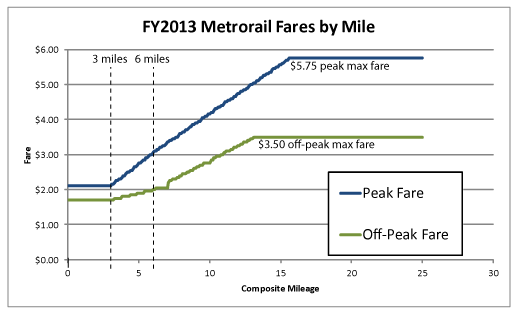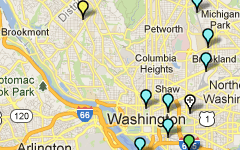MindMixer – What Happens to All Your Comments and Ideas
Since Metro’s MindMixer site opened on September 27th, the response has been overwhelming. To date, we’ve had over 425 participants provide more than 1900 votes, 450 comments, and115 ideason a range of topics. The first round of questions generated over 150 pages of comments alone! The site is expected to continue through the end of the year at a minimum, so please continue to join the conversation.
Metro is using MindMixer to start a conversation with our customers about how they envision the next generation of Metro. A quick review of the site shows a wide range of comments and ideas, some that are short-term and many that are very far in the future.
All comments and ideas are being reviewed as part of Momentum: The Next Generation of Metro, the agency’s strategic plan. Metro staff is responding to some of the comments and ideas as they are posted. Often this is to direct a participant to work that is already underway or to provide short responses or explanations of current policies. Other ideas have created discussions between participants, which is one of the main purposes for the site. The vast majority of ideas and comments require further study, more discussion of what is possible within Metro’s environment, and/or prioritization among other needs at Metro. Many of the ideas also require substantial resources to implement.
As the site continues, we are collating and summarizing your comments and ideas based on themes, such as core capacity, information provision, and non-Metro expansion. This high level summary will be used to support Momentum, our strategic plan, as it provides an indication of the elements that are most important to you, our riders. We will also be taking comments directly from MindMixer to incorporate in the strategic plan document. As part of this blog, we will be further developing some of the ideas and comments to form the basis for a Metro 101 section on PlanItMetro. These posts will help increase the level of understanding of transit in this region. Lastly, for those ideas that require further study, they will be compiled and when MindMixer concludes, this information will be circulated to the respective Metro departments. This will help ensure that decision makers throughout the organization review the thoughtful ideas that have been provided on MindMixer.




Recent Comments